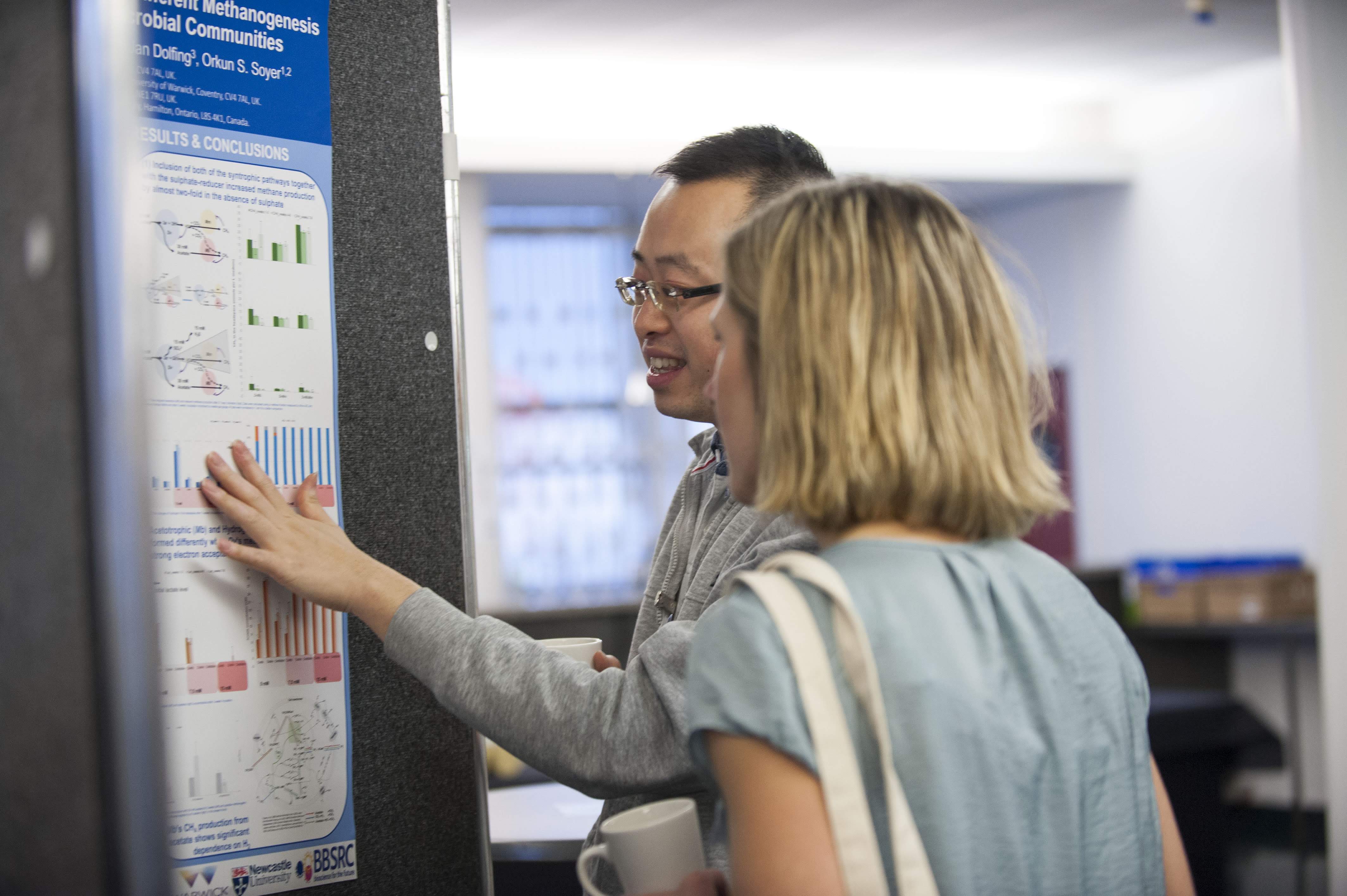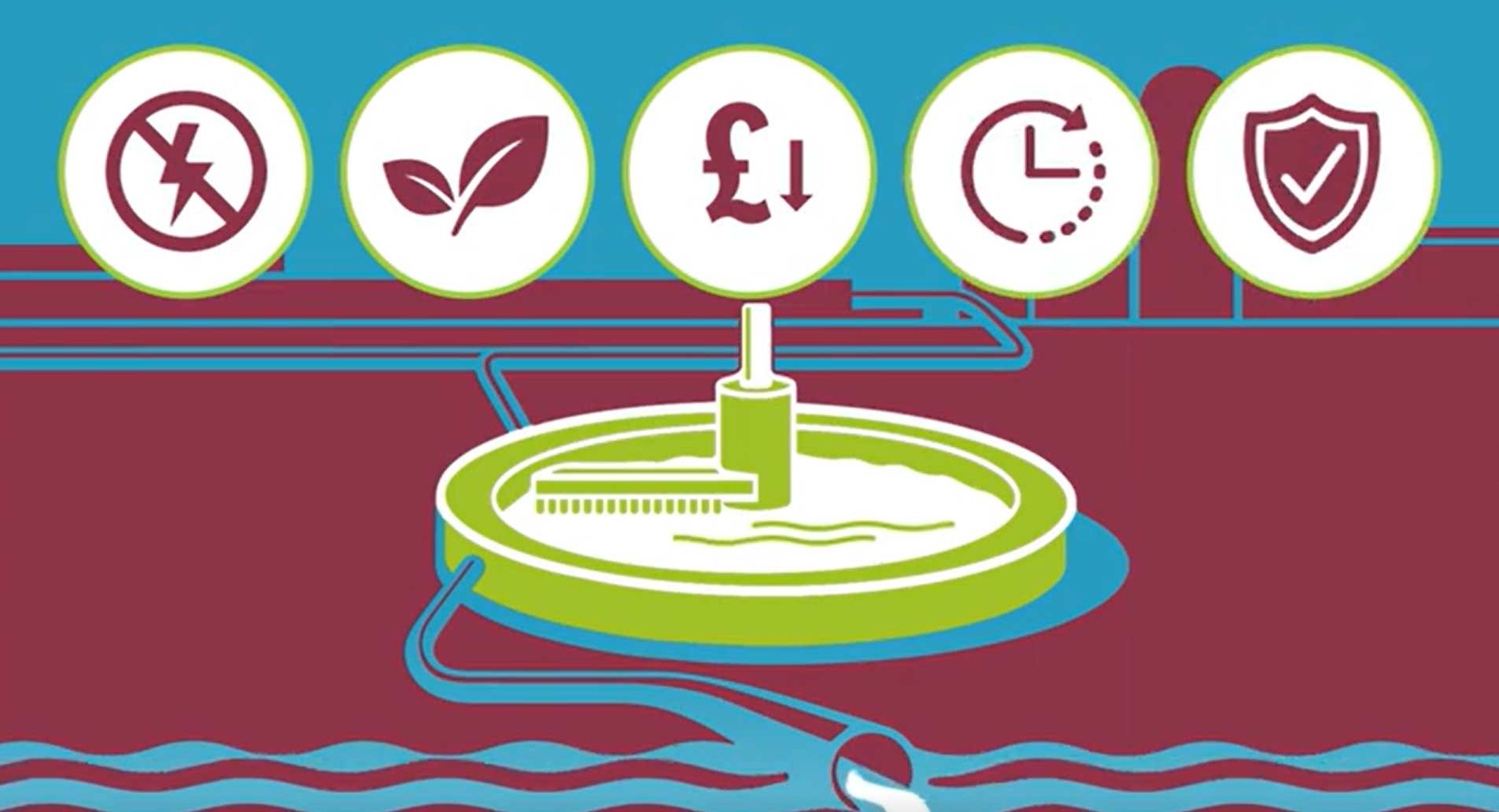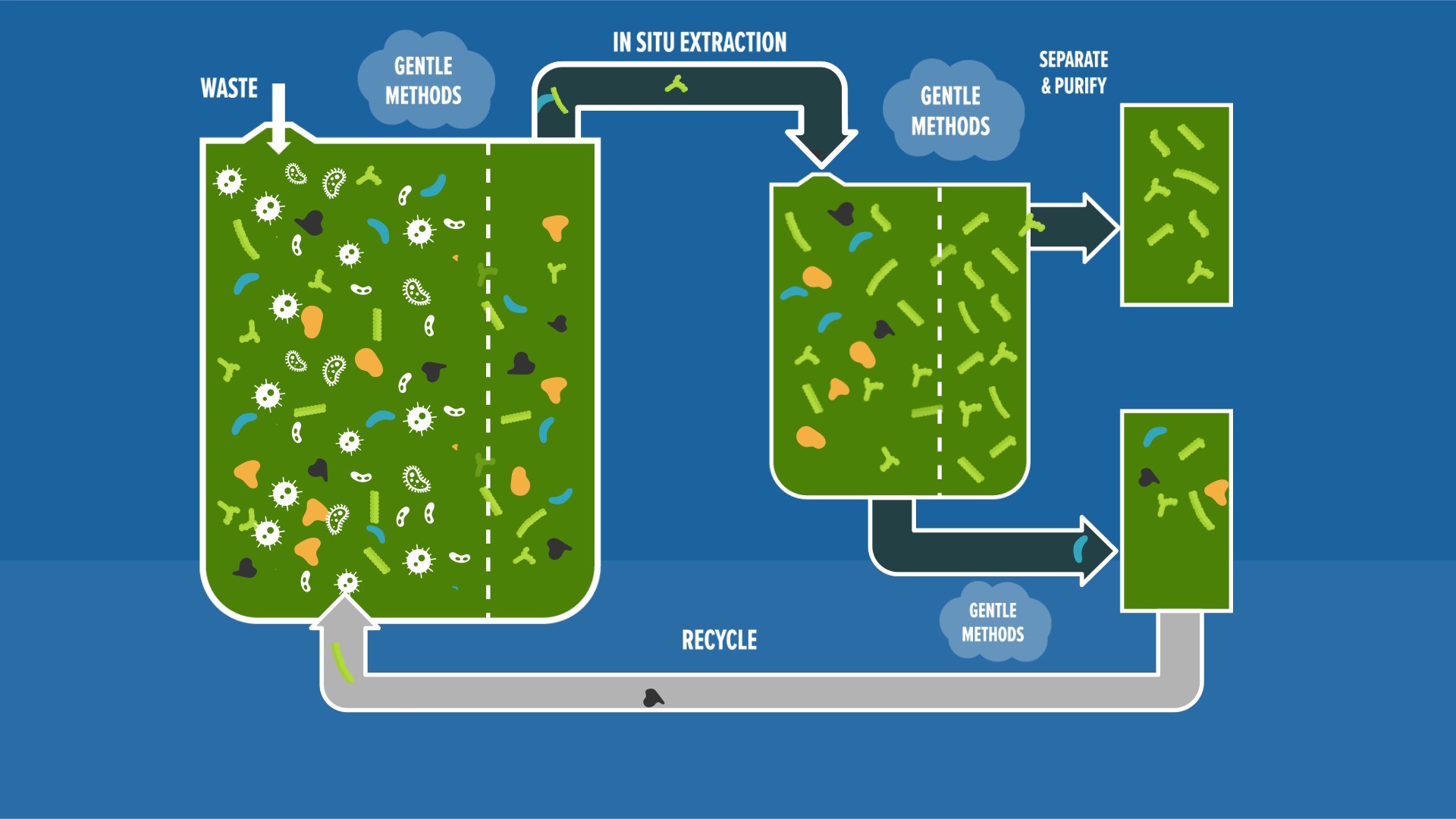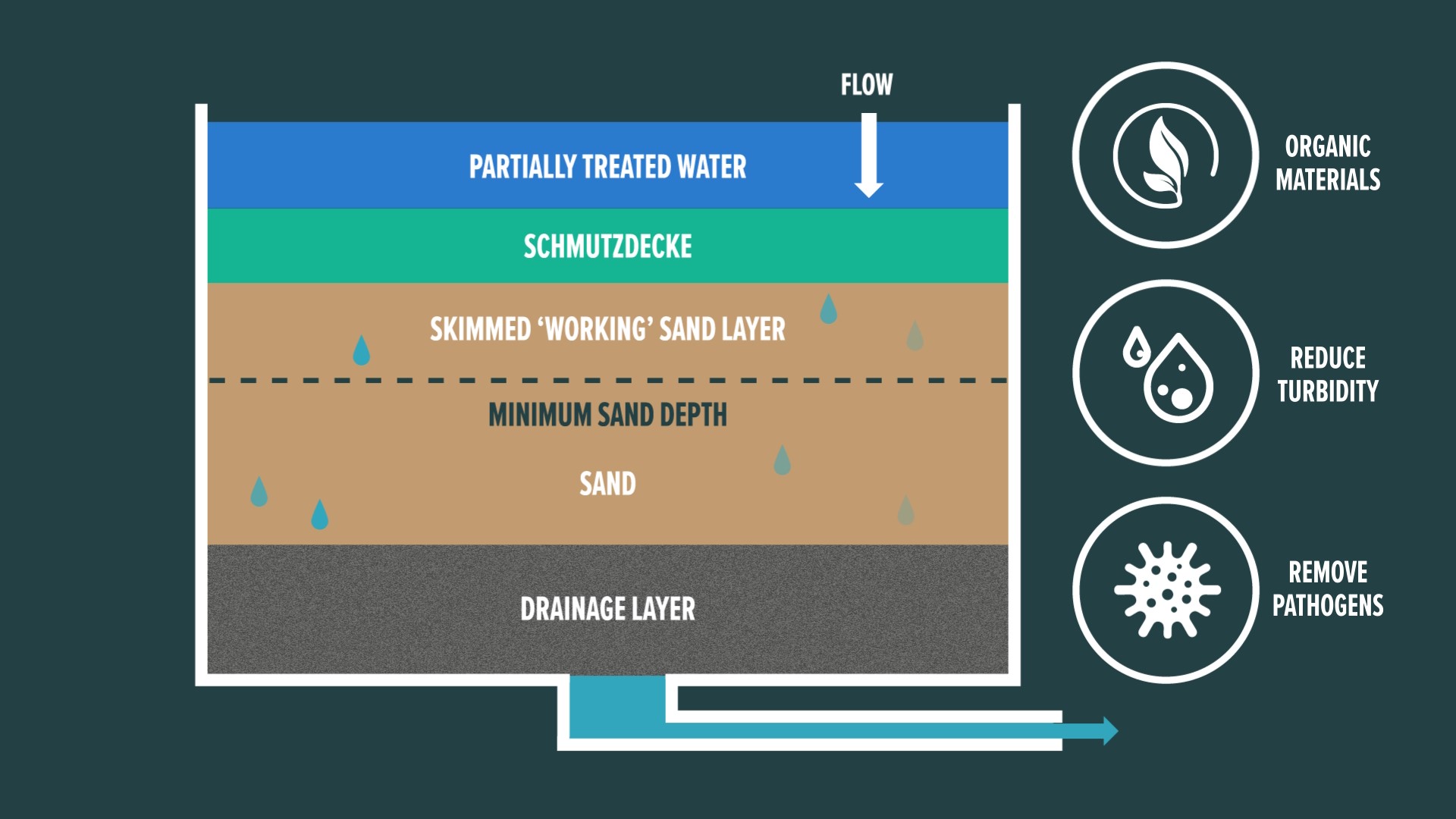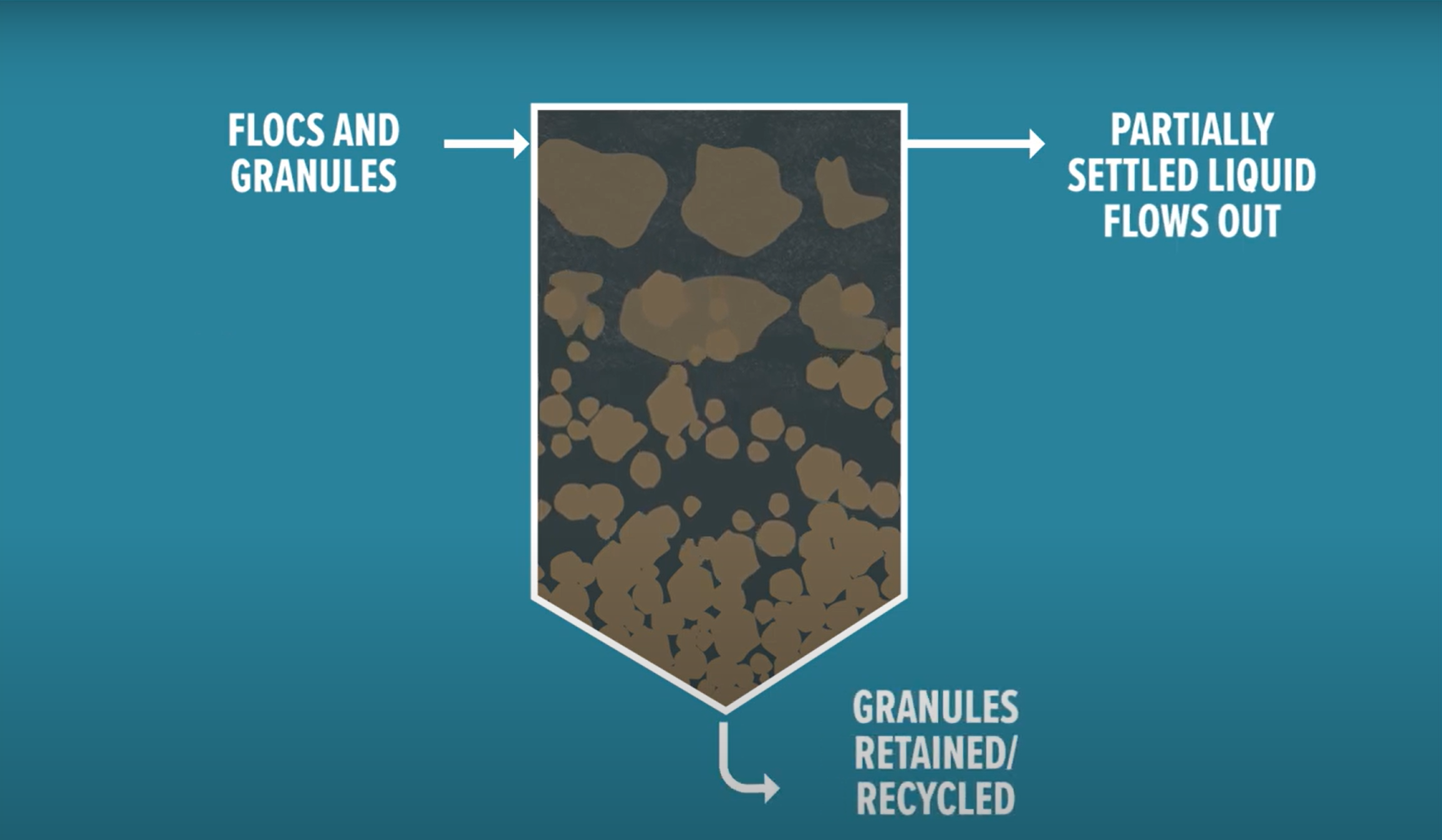GOOD NEWS: EBNet’s official UKRI funding ends on 31 Jan 2026, but some of our activities will continue – directly, and in conjunction with EBIC, Better Water 4 All and others. We will:
- Continue to publish and promote forthcoming reports and papers based on EBNet’s work
- Keep updating the website pages, especially Resources and Working Groups, and add occasional News items
- Run webinars, and make this and other content available on our YouTube channel
More details here, and see our News items for updates!
The Environmental Biotechnology Network (EBNet) is one of 6 Phase II Networks in Industrial Biotechnology and Bioenergy funded primarily by the Biotechnology and Biological Sciences Research Council (BBSRC) with additional support from the Engineering and Physical Sciences Research Council (EPSRC). It builds on the orevious very successful Anaerobic Digestion Network, one of 13 Phase I NIBBs.
Our community of academics and industry is dedicated to engineered microbial systems for environmental protection, bioremediation and resource recovery. These include, for example, microbes in anaerobic digestion, waste water treatment and those that bio-degrade plastics, oil or other emerging pollutants. Our remit includes terrestrial environmental biotechnology (EB), aquatic EB, organic resources and life cycle sustainability assessment (LCSA) approaches to EB. Click on the video below to find out more about what we do.
If you are interested in these environmental biotechnologies which are or potentially could be deployed at scale, our Network is free-to-join. Find our most important activities on the ‘Don’t Miss‘ panel on the left of this page, in the menus above or on our Twitter (now X) feed.
We:
- facilitate partnerships, networking and knowledge transfer between academia and industry
- provide support for Working Groups to carry out activities in specific areas of environmental biotechnology
- have funded Business Interaction Vouchers (BIV) of £5,000-£20,000 for projects lasting up to 6 months
- provided Proof of Concept (PoC) funding of up to £100,000 for projects of up to 12 months’ duration
- support the next generation of researchers with opportunities for training, travel and practical experience in academia and industry
For more on selected aspects of Environmental Biotechnology, take a look at our YouTube channel or at the series of animations we have developed with the help of Senate Media.
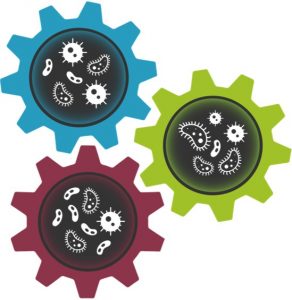 For lots more information on our activities, see our #EnvBiotechAware week which ran from 3-7 March 2025, and our individual Working Group pages. More details of resources, outputs and outcomes are also available on the tabs above.
For lots more information on our activities, see our #EnvBiotechAware week which ran from 3-7 March 2025, and our individual Working Group pages. More details of resources, outputs and outcomes are also available on the tabs above.


